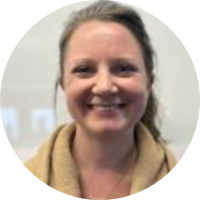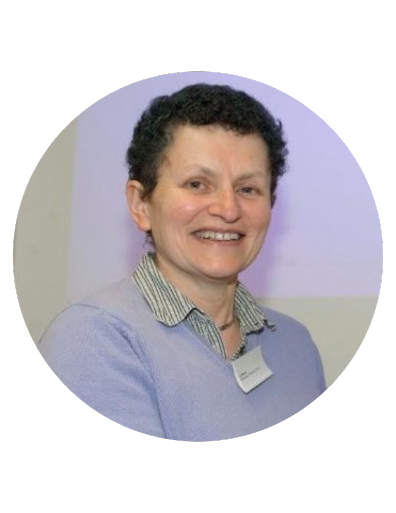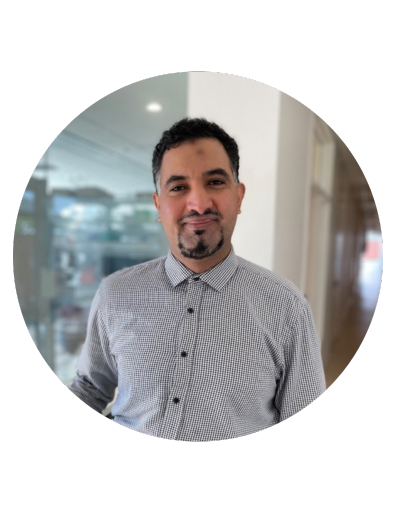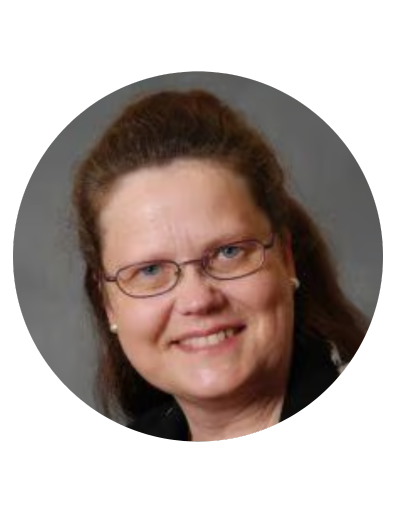
ISSX Workshop on Quantitative LC-MS/MS Proteomics: Methodology and Applications in Translational DMPK/PD and Precision Medicine | An ISSX 2024 Workshop
-
Register
- Non-member - $400
- Member - $300
- Student - $150
- Premier - $300
In September 2018, ISSX held its very successful workshop on quantitative LC-MS proteomics as applied to drug development. The event was addressing a niche but growing utility area for LC-MS proteomics. Hence it involved small gathering of experts who debated unresolved issues and tried to provide a consensus on various elements of using quantitative LC-MS proteomics in translational DMPK/PD research.
The consensus, as well as issues which were not settled, appeared in an article that was published in Clinical Pharmacology and Therapeutics in 2019 (Prasad et al.). Since then, many groups have started to use LC-MS proteomics techniques and published on applications of this methodology. These reports have encouraged many other labs to consider getting engaged with this approach and integrate it into their research capabilities. However, there is currently no dedicated workshop or a course that takes the interested individual through the process of “setting Up an LC-MS lab for quantitative proteomics, conduct of experiments, analysis of raw data coming out of machine read out, and interpreting and applying them in translational pharmacology (whether PK or PD). This is addressed by the current workshop.
-
Contains 2 Component(s)
This session allows participants to become familiar with various proteomics techniques, necessary instrumentation, and protocols. It also provides some advice on cost-benefit ratio of various alternatives based on experience of group of individuals who have tried such alternatives.
Co-Chairs: Bhagwat Prasad, Washington State University, Spokane, Washington, USA and Oliver Pötz, Reutlingen, Germany
Quantitative Proteomics Workflow: Beginners’ Guide to Basic Concepts, Tools, and Challenges

Bhagwat Prasad, Washington State University, Spokane, Washington, USAThings to Consider When Setting up a Quantitative Proteomics Lab

Helen Hammer, Signatope, Reutlingen, Germany

Oliver Pötz, Signatope, Reutlingen, Germany
-
Contains 2 Component(s)
This session teaches participants to understand specific sample preparation techniques and the rationale in employing such techniques regarding each matrix (various tissues, cell lines). The common pitfalls are described and the impact on end result are explained with a take-home list of do’s and don’ts.
Co-Chairs: Zubida Al-Majdoub, University of Manchester, Manchester, United Kingdom and Matt Harwood, Certara, Manchester, United Kingdom
Different Tissues have Different Issues!

Zubida Al-Majdoub, University of Manchester, Manchester, United Kingdom
Preparing for Lost and Found in Translation

Matt Harwood, Certara, Manchester, United Kingdom
-
Contains 2 Component(s)
This session helps participants learn to recognize the steps for data analysis applied to raw data from LC-MS machine and associate them with the appropriate software that assist with such analysis. The latter would be through detailed examples lead by tutors from the front.
Co-Chairs: Jill Barber, University of Manchester, Manchester, United Kingdom and Brahim Achour, University of Rhode Island, Kingston, Rhode Island, USA
Navigation Guide to Steer through Ocean of Data

Jill Barber, University of Manchester, Manchester, United Kingdom
Horses are for Courses: What are the Alternatives?

Brahim Achour, University of Rhode Island, Kingston, Rhode Island, USA
-
Contains 2 Component(s)
Enable the participants to widen their knowledge of applications beyond what they might have known and indicate examples of ongoing research which benefit from incorporation of LC-MS proteomic data in relation to drug development cases.
Co-Chairs: Sibylle Neuhoff, Certara, Sheffield, United Kingdom and Amin Rostami, University of Manchester, Manchester, United Kingdom
From in vitro to in vivo: A Long Road but Not Endless!

Sibylle Neuhoff, Certara, Sheffield, United KingdomThe Impact: Where We Are & Where We Are Heading to?

Amin Rostami, University of Manchester, Manchester, United Kingdom